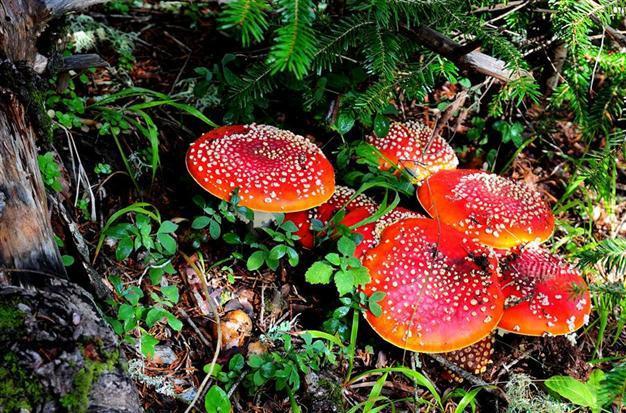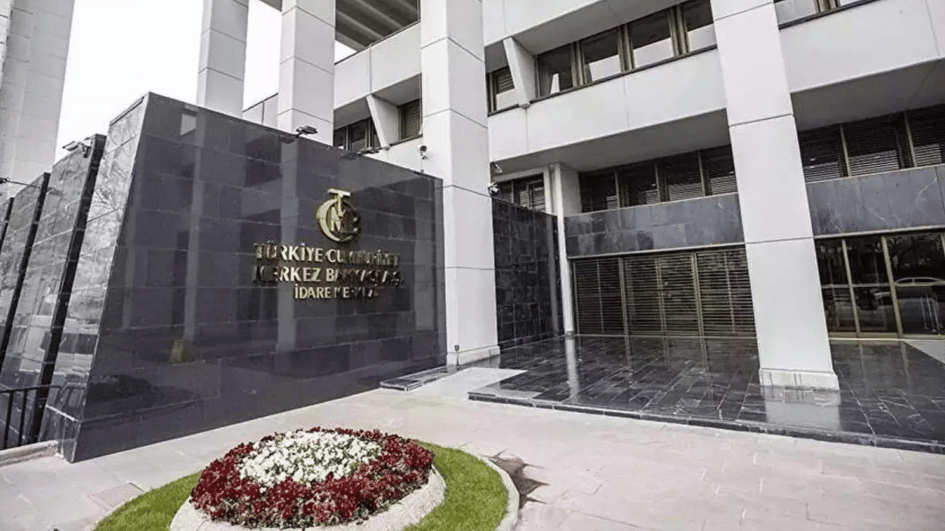Magic mushroom experiment hits stumbling block by court
LONDON - Reuters

Magic mushrooms may help to cure depression in some patients. AFP photo
The world’s first clinical trial designed to explore using a hallucinogen from magic mushrooms to treat people with depression has stalled because of British and European rules on the use of illegal drugs in research.David Nutt, president of the British Neuroscience Association and professor of neuropsychopharmacology at Imperial College London, said he had been granted an ethical green light and funding for the trial, but regulations were blocking it.
“We live in a world of insanity in terms of regulating drugs,” he told a neuroscience conference in London.
He has previously conducted small experiments on healthy volunteers and found that psilocybin, the psychedelic ingredient in magic mushrooms, has the potential to alleviate severe forms of depression in people who don’t respond to other treatments.
Following these promising early results he was awarded a 550,000 pounds ($844,000) grant from the UK’s Medical Research Council to conduct a full clinical trial in patients.
But psilocybin is illegal in Britain, and under the United Nations 1971 Convention on Psychotropic Substances it is classified as a Schedule 1 drug - one that has a high potential for abuse and no recognised medical use.
This, Nutt explained, means scientists need a special licence to use magic mushrooms for trials in Britain, and the manufacture of a synthetic form of psilocybin for use in patients is tightly controlled by European Union regulations.
Together, this has meant he has so far been unable to find a company able to make and supply the drug for his trial, he said.
















